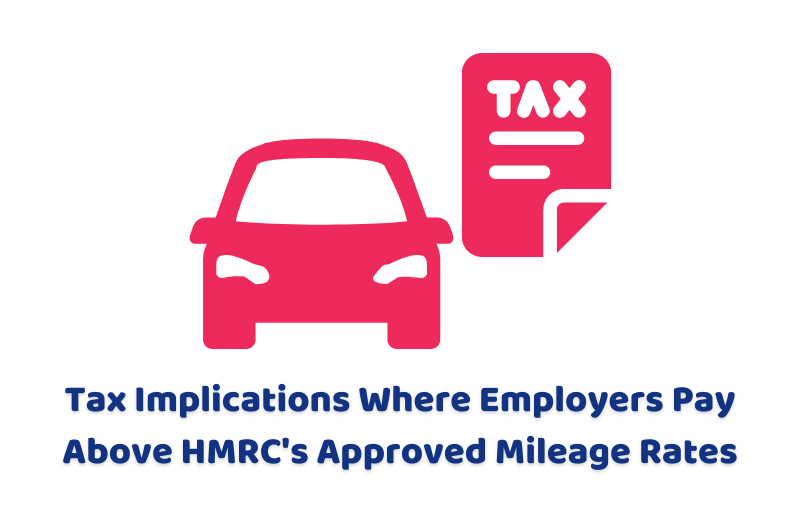According to the RAC, average fuel prices peaked a year ago at £1.91 per litre, since levelling off at the same price as ten years ago. However, HMRC’s approved mileage rates have remained static, not increasing since April 2011, when petrol was around £1.42 per litre. In the ten years since the last increase, fuel prices have increased by more than 30%.
As the price of petrol has hit new highs, employers are finding more employees asking for increases above the approved rates for journeys undertaken on business. In June HMRC published new approved rates but only for fuel rates for company car drivers reclaiming business mileage fuel costs from their employer. If the employee uses their own car, then the approved mileage rates for business journeys remain the same. These new fuel rates for company cars apply from 1 June, the most notable change reflecting that diesel prices are decreasing, reducing the gap between petrol and diesel. The electric car rate (‘advisory electric rate’) is reviewed quarterly and remains at 9p a mile, having increased during the last quarterly review, as energy prices start to stabilise. Hybrid cars are treated as either petrol or diesel cars for these purposes.
As the name suggests, this is not a mandatory rate for employers reimbursing employees; they can pay more but there are tax implications.
Employee’s Car
Employees who use their own private car for business journeys are entitled to claim a tax deduction, at the HMRC-approved amount, according to the number of business miles travelled. Alternatively, employers can pay their employees an equivalent tax-exempt mileage allowance. Approved mileage allowance rates for cars are 45p per mile for the first 10,000 miles in a tax year and 25p for any additional miles. Different rates for motorcycles and bicycles are 24p and 20p respectively. These rates can be used by both the self-employed and employees/directors and are also available to unincorporated property businesses.
If an employer pays less than these rates, the employee can claim tax relief for the unused balance. Where an employer pays less than these rates and pays a car allowance, Class 1 NICs are charged on the car allowance less the value of the business mileage reimbursement. Should an employer pay more, the excess is reported as a benefit in kind, taxable at the employee’s marginal tax rate and charged to Class 1 NI as salary.
Company Car
Should an employee be provided with fuel for private use with a company car then there is a set car fuel charge fixed at £25,300 for 2023/24 multiplied by the ‘appropriate percentage’, which depends on the level of the car’s CO2 emissions. To escape the fuel charge, an employee must either reimburse the whole cost of private fuel or pay for all fuel in the first place.
If the employee reimburses or pays for all the fuel themselves, they can escape the fuel charge and instead claim the cost of business mileage – these are the rates that changed in June. These rates are significantly lower than the private car figures of 45p/25p because those rates take into account the maintenance cost the employee incurs. As a company car remains the property of the business, the company car rates only reflect the fuel cost being based on an average price of £1.44.7p per litre for petrol; £1.55 for diesel.
Alternative Calculation
HMRC’s approved rates are not compulsory. If it can be proved that a car is more fuel efficient or the cost of business travel is higher than the guideline rates, then an employee can use their own rates if more tax effective. Use the car’s expected fuel efficiency rate (which can be obtained online) and substitute the current petrol price instead of historic averages. Such a calculation will be potentially more beneficial for employees with low private mileage.
Partner Note:

